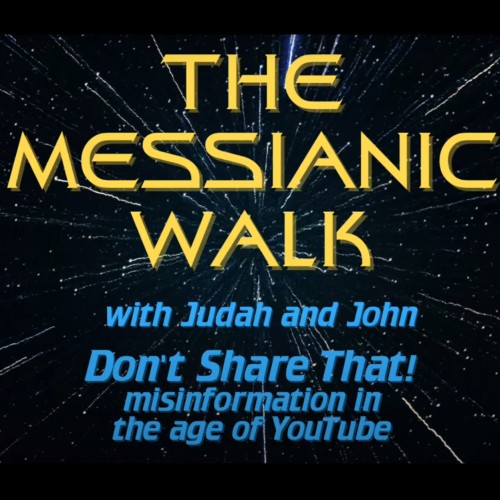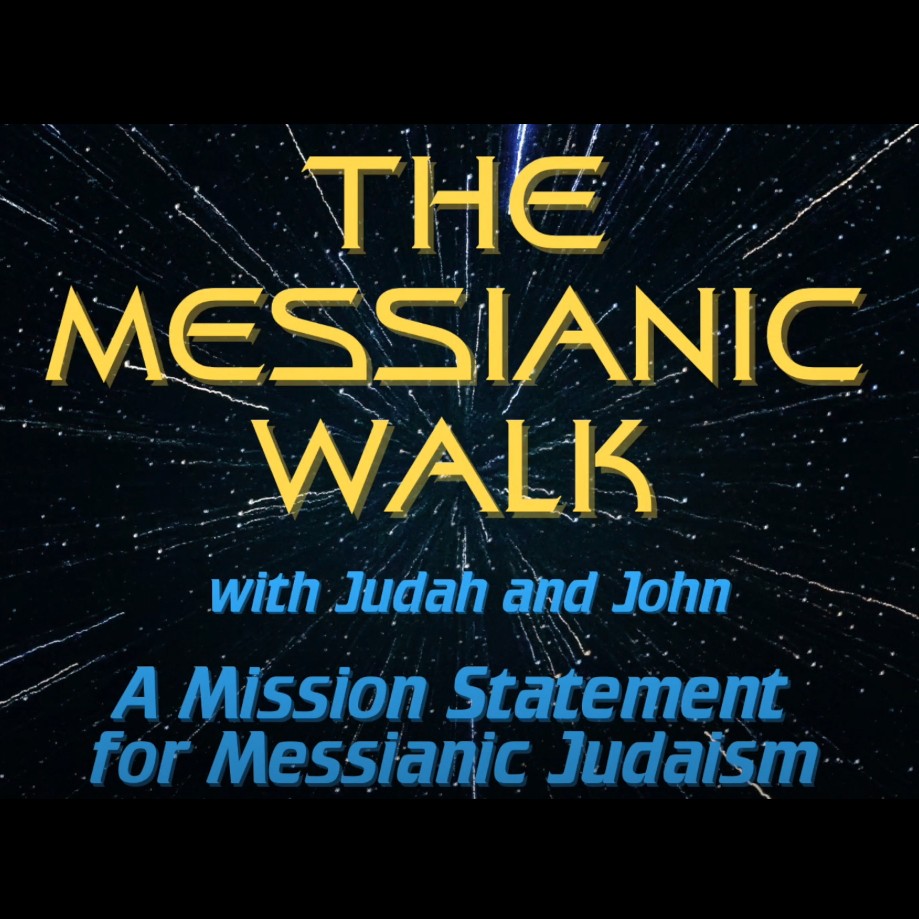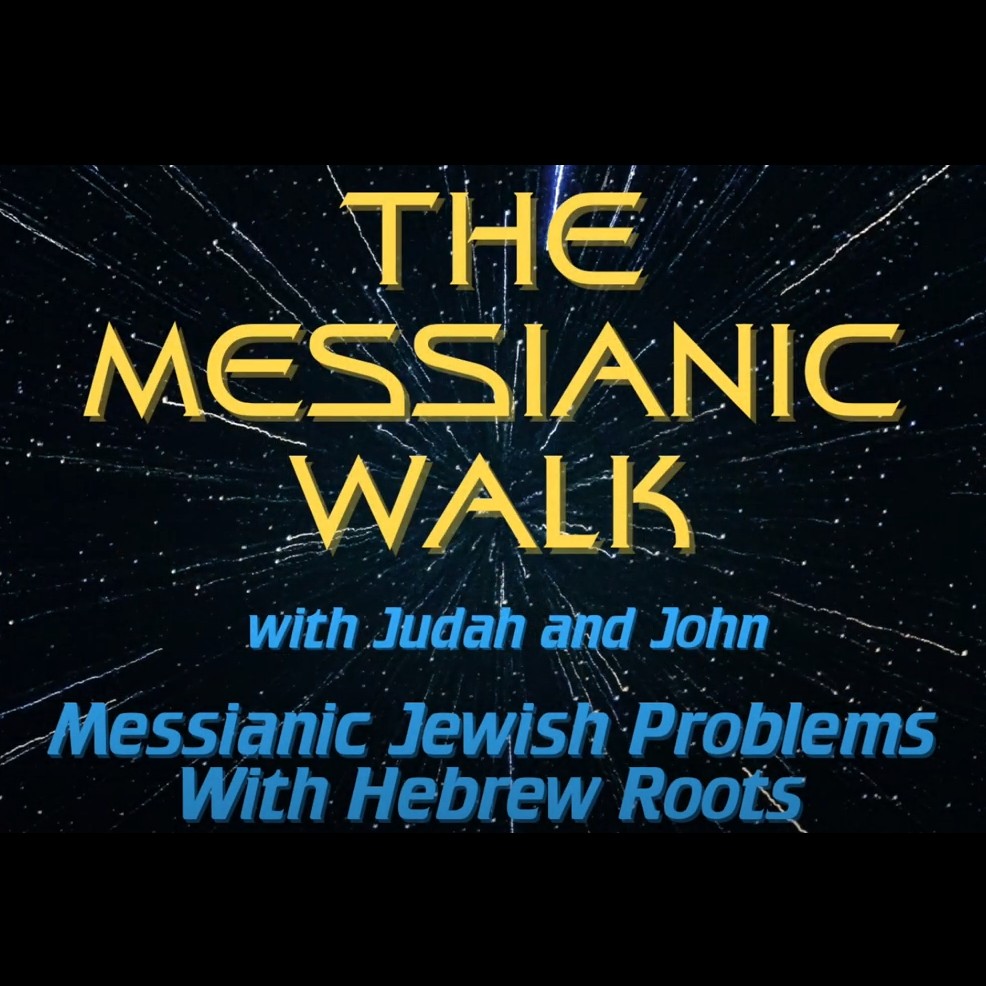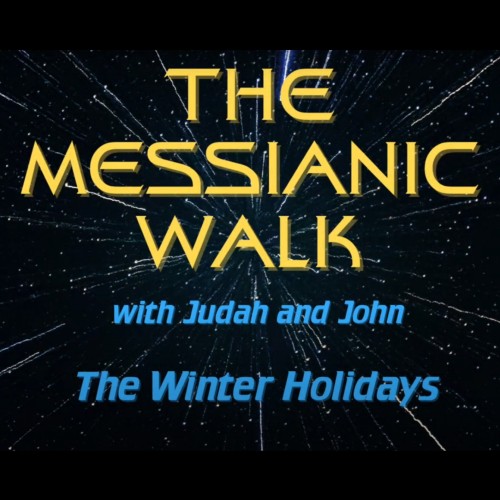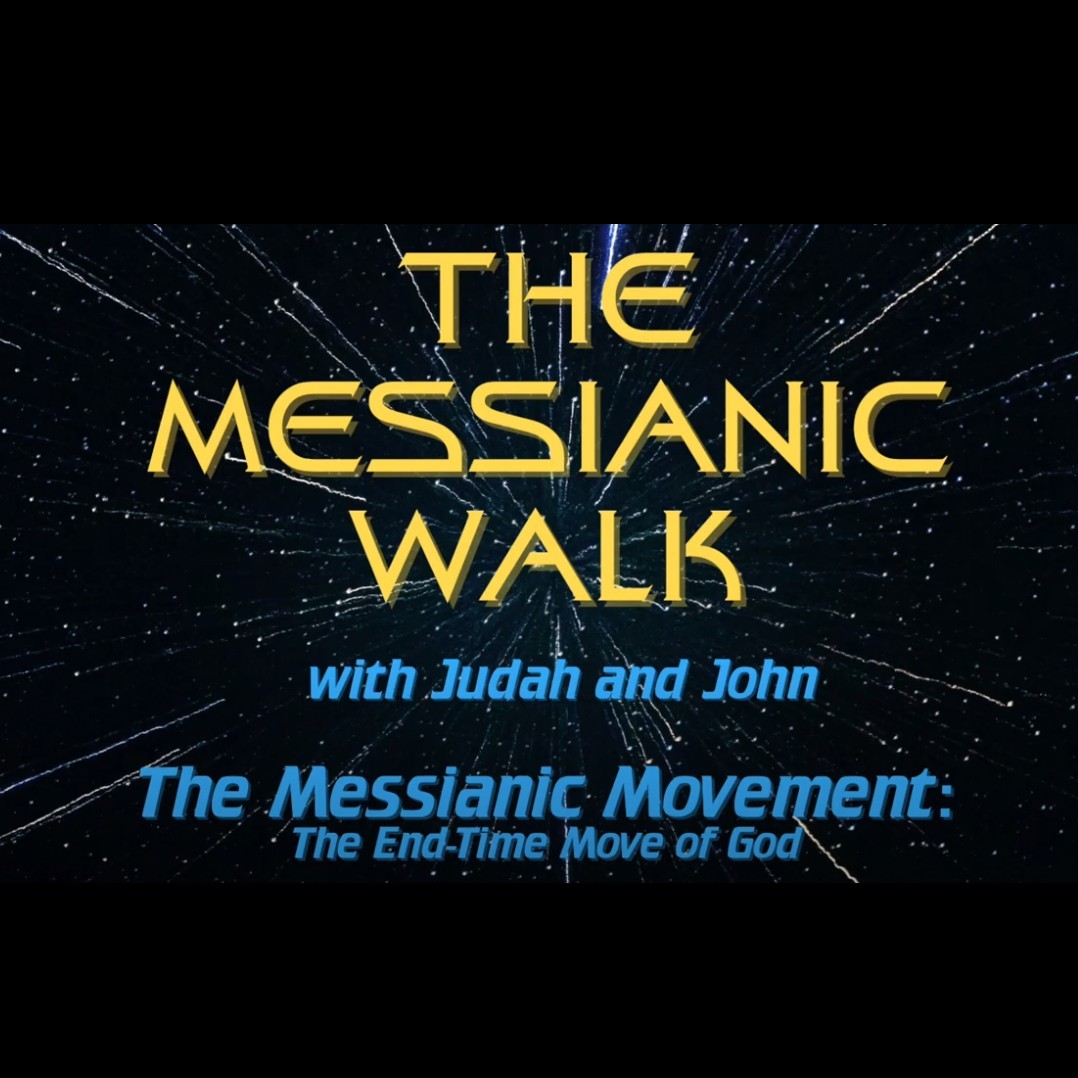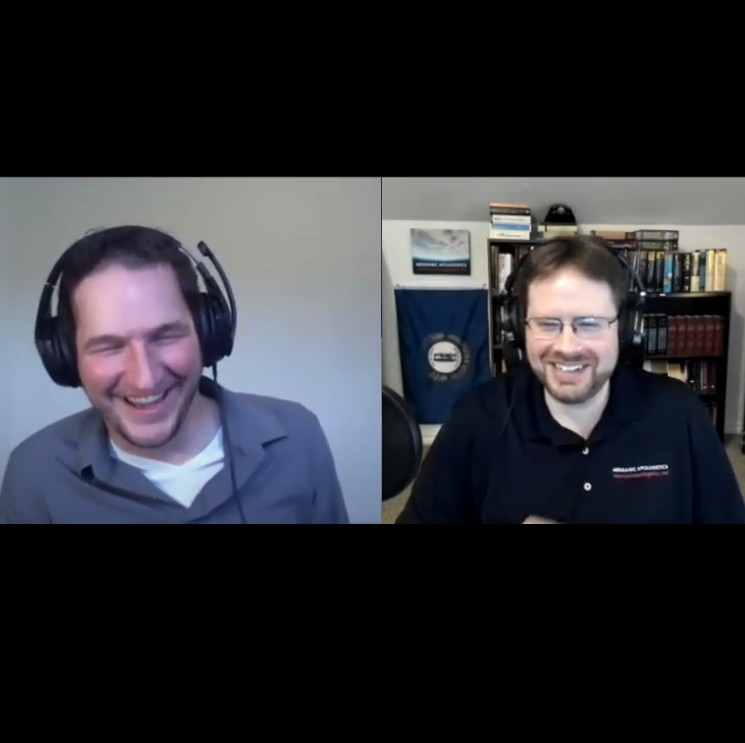So many of my Messianic and Christian friends are caught up in conspiracy theories, pseudo-medical woo, and various garbage by some rando they found on YouTube. That garbage then spills over into their Facebook pages.
If God’s people care about truth, we must do better.
In this new podcast episode, John McKee and I discuss some examples of hot garbage being shared — real examples taken from Facebook profiles of believers. (It’s gross and embarrassing!)
We talk about the damage this causes the body of Messiah: it hurts our credibility, destroys our witness about Yeshua, produces no good fruit, and entangles us in conspiracies often rooted in anti-Semitism.
Finally, we talk about some actionable steps you can do to avoid misinformation and be a person of truth: be slow to speak (James 1), prefer to keep quiet when uncertain (Prov 17), look for credible sources, avoid sensationalism, check with experts in the subject matter before posting, watch out for confirmation bias, beware of “all spirit, no brain” types, focus on Yeshua over conspiracy theories.
“But Judah, I’m a watchman and I want THE TRUTH”
If it’s the truth you want, friends, go back to Yeshua and focus on Him. He said, “I am the truth.” Refocus on Yeshua and building Yeshua’s kingdom. Devote your energy to doing the things Yeshua told us to do: helping widows and orphans, helping the poor, clothing the naked, visiting people in prison, feeding the hungry, caring for the sick. This will produce far more good fruit for the Lord than posting on Facebook about the latest conspiracy theories and faux-medical woo.
Podcast: Play in new window | Download | Embed
Subscribe Apple Podcasts | RSS | Subscribe to The Messianic Walk
